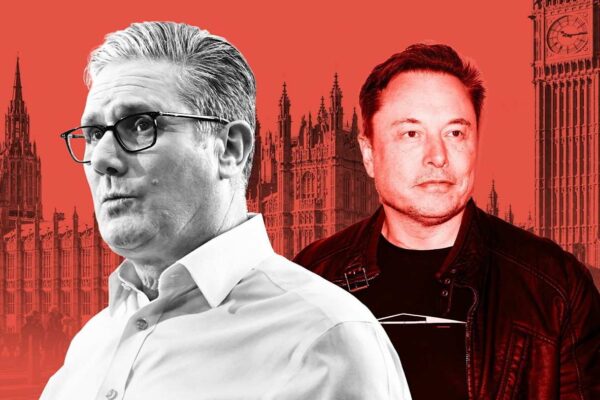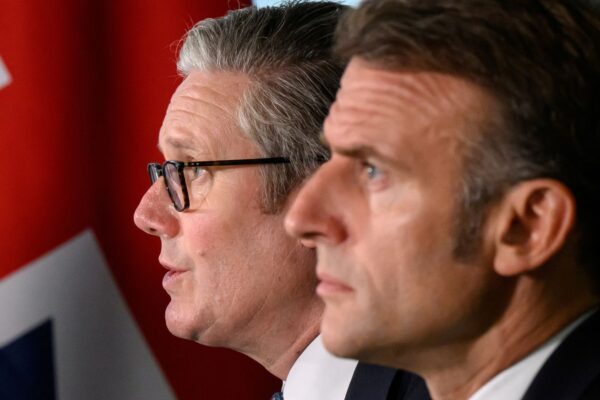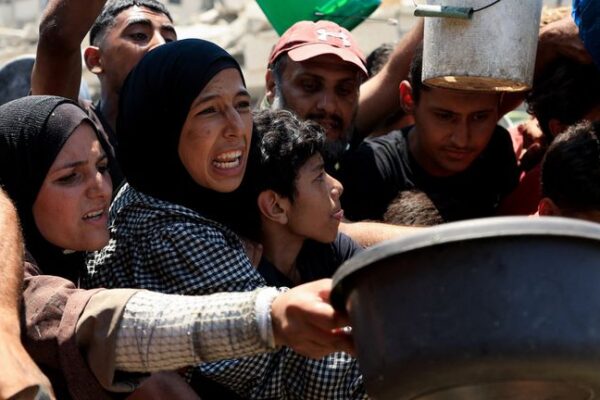MUMBAI, INDIA — United Kingdom Prime Minister Keir Starmer has arrived in India at the head of a 125-member trade delegation of top British CEOs, entrepreneurs, and university vice-chancellors, in what the government describes as Britain’s largest-ever trade mission to the country. The two-day visit, which began on Wednesday in Mumbai, aims to “turbocharge” trade relations between the world’s fifth- and sixth-largest economies and build on the UK–India free trade agreement signed in July. Starmer said the visit would cement a new era of economic cooperation between both nations. “We signed a major trade deal with India in July — the best secured by any country — but the story doesn’t stop there,” Starmer said. “It’s not just a piece of paper, it’s a launchpad for growth. With India set to be the third biggest economy in the world by 2028, the opportunities waiting to be seized are unparalleled.” The UK government said the new trade deal is projected to boost Britain’s GDP by £4.8 billion ($6.4 billion) annually and increase exports to India by nearly 60 percent. Under the agreement, India will cut tariffs on British goods such as whisky, cosmetics, and medical devices, while the UK will reduce duties on Indian products including clothing, footwear, and food items like frozen prawns. Trade between both countries currently stands at $54.8 billion, supporting over 600,000 jobs, according to AFP. Opportunities ‘Already Opening Up’ Speaking at a business roundtable, Starmer told delegates that new commercial opportunities were “already opening up” following the deal and urged British companies to build on the momentum. During his visit to the Yash Raj Film Studios in Mumbai, Starmer announced that three Bollywood films would be shot in the UK from next year, describing it as a win for Britain’s creative and tourism industries. “Bollywood is back in Britain, and it’s bringing jobs, investment and opportunity, all while showcasing the UK as a world-class destination for global filmmaking,” he said. Starmer also met aspiring Indian footballers at a Premier League community programme, highlighting the growing cultural and sporting ties between both nations. Indian Prime Minister Narendra Modi is scheduled to meet Starmer on Thursday before both leaders jointly address a fintech conference in Mumbai, where further trade and investment initiatives are expected to be unveiled. The UK delegation includes British Airways CEO Sean Doyle, BP CEO Murray Auchincloss, and Airbus Executive Vice President Wouter van Wersch, as well as vice-chancellors from 14 British universities. The visit comes amid ongoing global trade tensions following the United States’ decision to impose 50 percent tariffs on Indian goods due to its continued trade with Russia. Despite these headwinds, both London and New Delhi say they are committed to deepening economic cooperation and expanding mutual opportunities in technology, energy, education, and film.




